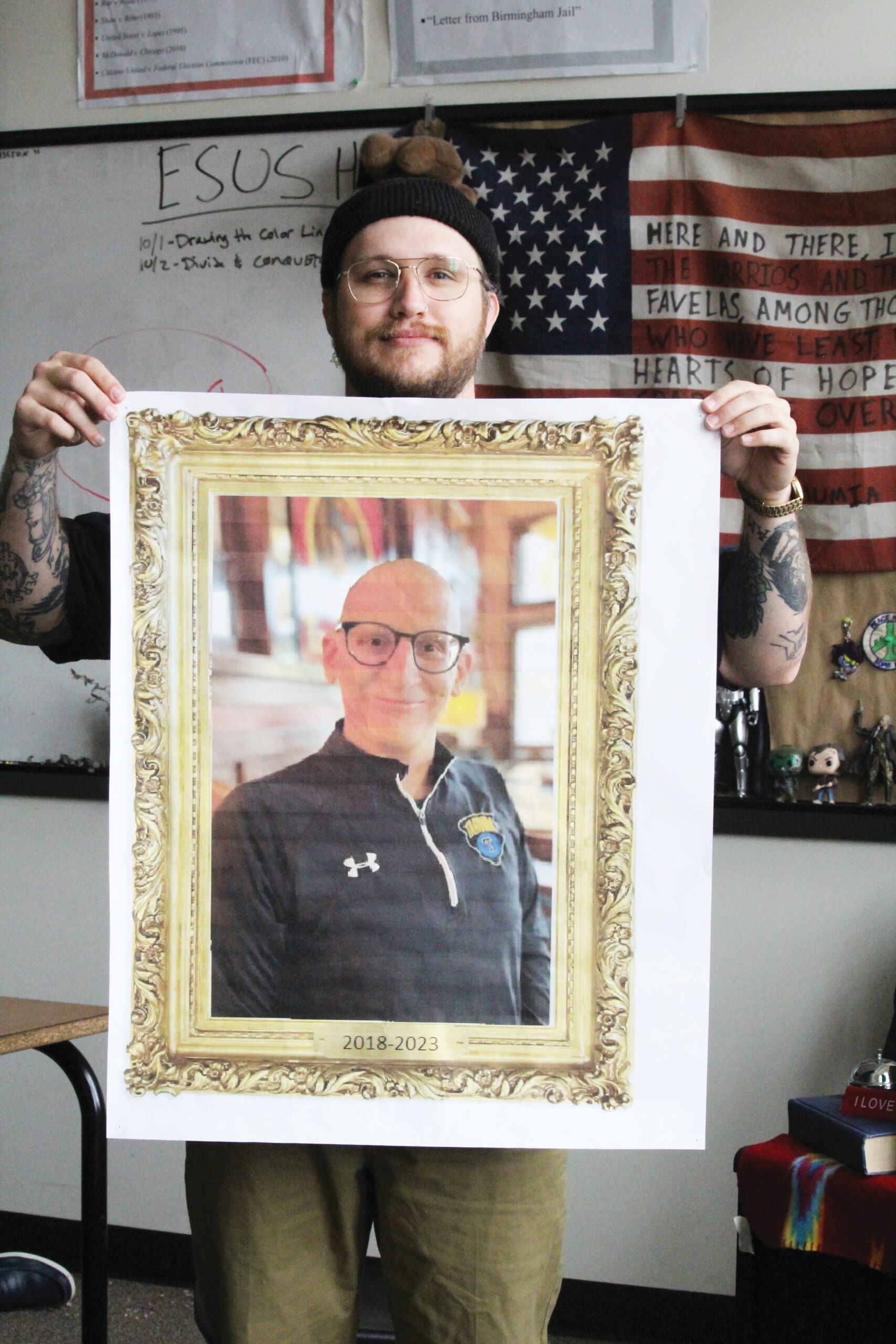By Ayse Hunt
In last week’s State of the Union Address, Obama unveiled new plans for the Precision Medicine Initiative saying the program would “bring us closer to curing diseases like cancer and diabetes — and to give all of us access to the personalized information we need to keep ourselves and our families healthier.”
According to io9.com, “a fundamental assumption of precision medicine is that genetic information and molecular diagnostics about a person’s condition can be used to diagnose and treat their disease. Thanks to new sequencing technologies, we can analyze individual genomes, both in part and in whole, which will in turn present an optimal path to treatment.”
Precision medicine is all about individualized treatment. The idea is that people can “donate” their genetic information to larger databases. With enough donors and information, scientists can better analyze ways that they can cure previously dangerous and incurable diseases on a case by case basis.
An example of how precision medicine works, found at n-of-one.com, explains that even among patients diagnosed with the same type of cancer, there is distinct variation between each person’s disease. These variations are motivated by biological factors. We can use recently developed technology to look at each person’s cancer at a molecular level to determine what the biological factors may be or compare the cancer with the cancer of others in order to better inform a patient’s treatment options.
Seattle’s P4 Medicine Institute, founded by Leroy Hood, has been a leader in Systems Biology, which is the broader field that encompasses precision medicine. Anticipated key impacts of P4 Medicine Institute’s research include the digitalization of medicine in a way that is useful to both doctors and patients and an eventual decrease in the cost of healthcare in our country.
The details of the White House’s plans for precision medicine remain unclear, but in a world with drug resistant strains of Tuberculosis and antibiotic resistant superbugs, precision medicine holds promise for changing the face of healthcare in our nation in dramatic ways.
To learn more about precision medicine and the University of California, San Francisco’s network of donors, visit meforyou.org.


